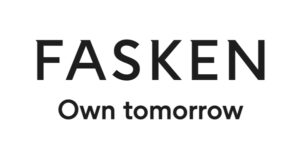This article considers the potential for changes in the treatment of vertical agreements under South African competition law as a result of recent amendments to the Competition Act, as well as current policy views within the law-makers and regulators.
Section 5(1) of the South African Competition Act prohibits vertical agreements that substantially prevent or lessen


